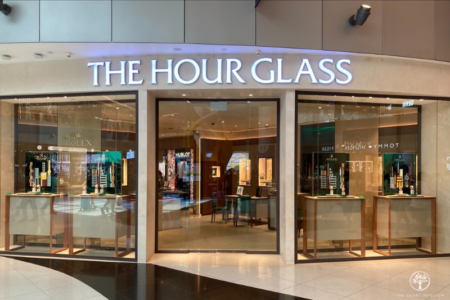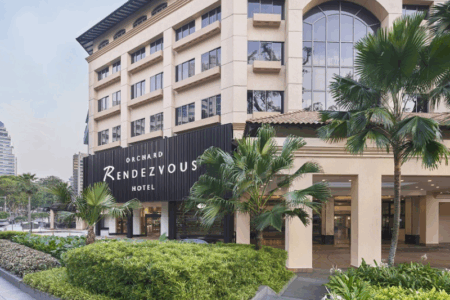Share prices of the local banks have risen significantly over the past six months.
There has been a wave of optimism flowing in the stock market ever since the COVID-19 vaccines were announced.
Shares of DBS Group Holdings Ltd (SGX: D05) have surged by 50% from a year ago, while United Overseas Bank Ltd (SGX: U11), or UOB, has risen by 30% over the same period.
OCBC Ltd (SGX: O39), not to be outdone, climbed 35% in a year.
I reckon that investors should be happy with the gains.
But is all this optimism justified?
And given that share prices have risen significantly, are there still good reasons to buy the local banks?
Or should investors hold off?
1. Strong loan franchise
A bank earns its keep by lending money.
Subsequently, a bank’s loan book is what helps to bring in more revenues, allowing it to earn interest from loans doled out to individuals and corporations.
On this aspect, the three banks have not disappointed.
DBS has reported a 4% year on year rise in customer loans to S$371.2 billion, while OCBC saw its loan book rise from S$265 billion at the end of 2019 to S$267 billion last year.
Meanwhile, UOB delivered a 5% year on year rise in loans to S$281.4 billion despite the challenging conditions.
The ability of all three banks to grow their loans speaks volumes about their reputation and financial clout.
For DBS, the acquisition of Lakshmi Vilas Bank in India in November last year may further expand its loan book there and help to drive up overall loan growth.
Although net interest margin (NIM) was squeezed for all three banks due to interest rate declines caused by the pandemic, the increase in loan book helped to mitigate some of this pressure.
OCBC’s CEO believes that NIM has bottomed out and should stay between 1.5% to 1.55% for 2021.
With a stabilised NIM and loan growth expected for 2021, net interest income may see some growth for the year.
2. Growing fee income
Rising fee income has helped to mitigate the decline in net interest income for all three banks.
DBS reported gross fee income that was stable year on year, boosted by a jump in wealth management fees but offset by lower cards and investment banking fees.
OCBC saw its wealth management income remain flat year on year, but the segment’s contribution rose to make up 33% of group revenue, up from 31% in 2019.
Meanwhile, assets under management for its private banking division, Bank of Singapore, also rose to a new record high of US$121 billion, up from US$117 billion a year ago.
UOB also saw its fee income remaining stable year on year. Like OCBC the segment’s contribution to total income has risen from 20% in 2019 to 22% in 2020.
It’s safe to conclude that fee income has helped all three banks to offset the drop in their net interest income, and moving forward, may contribute an even higher proportion of total revenue.
3. Low non-performing loans
A clear sign of resilience amid the crisis would be the banks’ low non-performing loans ratio (NPL ratio).
At the end of 2020, DBS’ NPL ratio stood at 1.6%, OCBC at 1.5% and UOB at 1.6%.
While provisions have risen significantly for each bank, the NPL ratio has fortunately remained low, showcasing the quality of each bank’s loan franchise.
The gradual reopening of economies has also brought down the number and quantum of loans under relief.
For UOB, loans under relief totalled S$25 billion in December 2020 but have fallen significantly to S$18 billion in just one month.
For OCBC, 9% of group loans were under moratorium as recently as September 2020, but by January 2021, this figure was reduced to just 2% of total loans.
Get Smart: Earnings season coming soon
The local banks should be announcing their first quarter 2021 earnings pretty soon.
DBS will be announcing its earnings on 30 April before the market opens, while OCBC will report on 7 May.
UOB will be reporting its trading update on the morning of 6 May.
The banks are likely to report a continuation of the trends highlighted in the three points above, barring a significant deterioration in the economic outlook.
Investors can rest assured that the three big banks can hold their own and still eke out growth despite the tough conditions.
In our latest special FREE report, we cover eight stocks, consisting of a mix of blue-chips and mid-cap companies, that we believe can ride the recovery and offer investors a great mix of both growth and income. Click HERE to download the report, 8 Singapore Stocks for Your Retirement Portfolio, for FREE now!
Don’t forget to follow us on Facebook and Telegram for some of our latest free content!
Disclaimer: Royston Yang owns shares in DBS Group.




